In Their Own Words:
Your AAFP Staff Celebrates
Women in Medicine Month
Sept. 12, 2024, News Staff — As the AAFP celebrates Women in Medicine Month, five female physicians who put their expertise and experience to work for members at AAFP offices shared their perspectives on why this celebration is consequential for the Academy and health care overall.
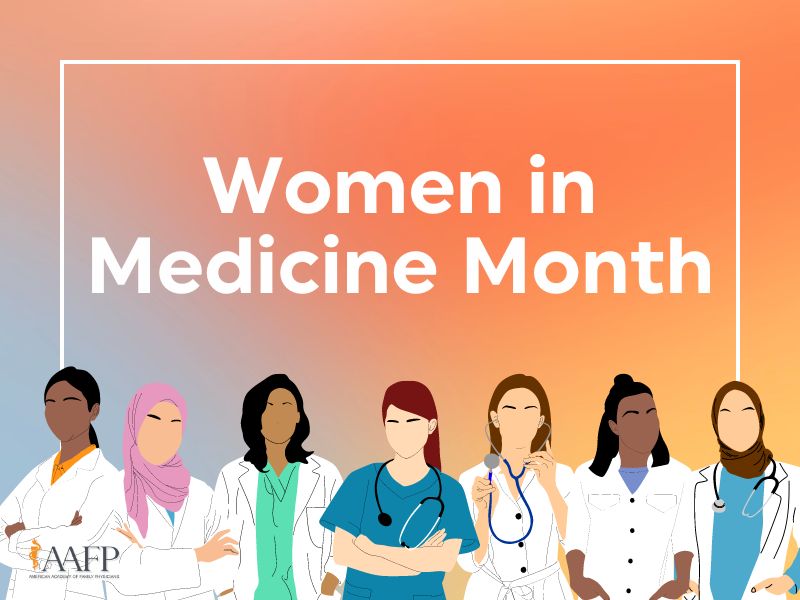
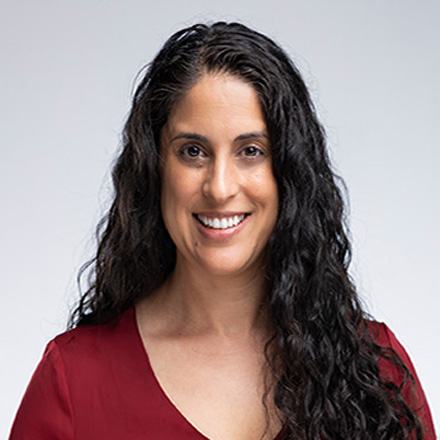
Yalda Jabbarpour, M.D., vice president and director of the Robert Graham Center for Policy Studies
In 2004, I sat in an auditorium with my fellow classmates on our first day of medical school. Our first speaker was a female physician on the brink of retirement. She told us she was the one of three female graduates in her class from medical school, and that our class was the first time in history that the female medical students outnumbered the males.
Clearly, we had come a long way.
But 20 years later, when I stand in front of that same auditorium teaching the newest medical class, I tell them we still have a long way to go. Studies have repeatedly shown that female physicians provide the same or better care to patients as their male counterparts; yet female physicians get paid less — in family medicine this disparity means that in a 35-year career, female family physicians will make $4.4 million less than their male colleagues. But it’s not only disparities in salaries that we still face. We also have higher rates of burnout, face higher rates of discrimination in the workplace and still get mistaken for the nursing staff on rounds after earning our long white coats. Because of this, it is important that we continue to honor women in medicine and the strides we have made, and acknowledge the uphill battle that we still face.
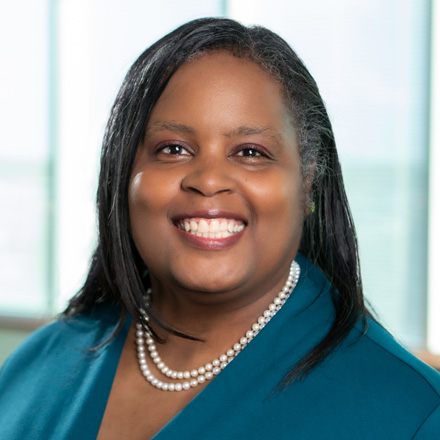
Margot Savoy, M.D., M.P.H., C.P.E., FAAFP, senior vice president of education, inclusiveness and physician well-being
Observances remind me to pause, remember and reflect. Rebecca Lee Crumpler, M.D., became the first Black woman to earn a doctorate in medicine in the U.S. in 1864. Yet, today in 2024 less than 3% of physicians in the U.S. are Black women.
Intentionally recognizing the impact and contribution of all physicians who identify as women is critical to ensuring the next generation of women physicians see themselves and are inspired to explore STEM careers — especially family medicine.
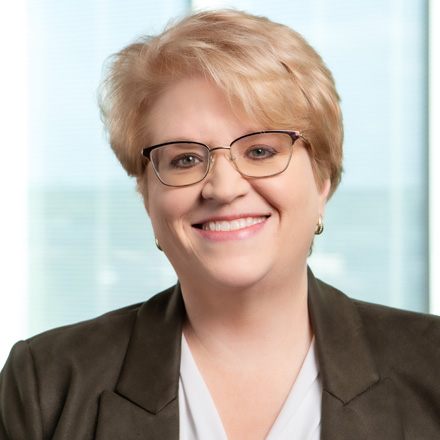
Julie Wood, M.D., M.P.H., FAAFP, senior vice president of science and clinical strategy
During Women in Medicine Month, I am grateful for the many women who have mentored and inspired me and shown me how important it is to be among those who continue to pay that forward to future generations of physicians.
We never know how one moment of encouragement or teaching can make a difference to a patient or to a physician who is in training or is already in practice.
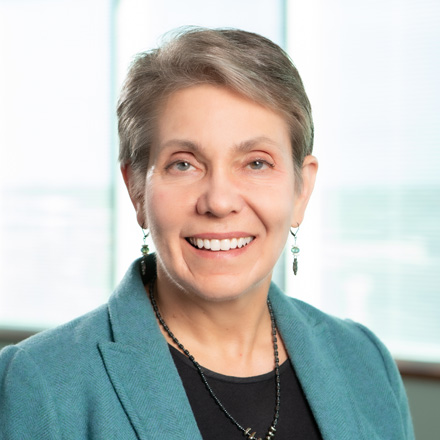
Karen Mitchell, M.D., FAAFP, vice president of student and resident initiatives
Women in Medicine month reminds me of those who broke down barriers and shattered glass ceilings to pave the way for me. I am forever grateful for mentorship from many women physician leaders. I was blessed with women role models and co-workers in my workplace, hospital system and medical organizations. In return, I hope that I have been successful in mentoring other women along their paths.
This month also reminds me of work still ahead. We need to overcome the remaining disparities in compensation and underrepresentation in leadership. The celebration of Women in Medicine empowers us to seek those forward paths.
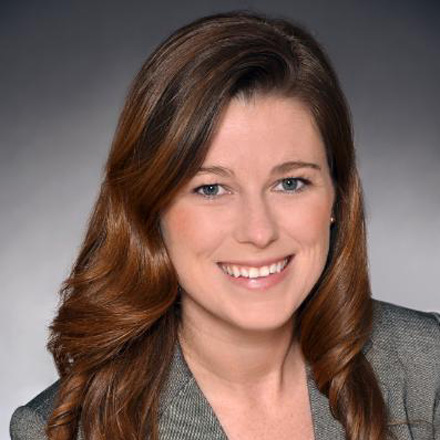
Alison Huffstetler, M.D., FAAFP, medical director of the Robert Graham Center for Policy Studies
“When there are nine,” responded Justice Ginsburg when addressing the gender inequity on the Supreme Court bench in a 2015 interview at Georgetown. Elizabeth Blackwell started the tradition of women in medicine — and since then, we have grown to 37% of the U.S. workforce in medicine. We have come a long way but are far from the “nine.” Women are critical members of the health care team that provide continuous, comprehensive and compassionate care for patients.
As we work toward progress for women in medicine, it is critical we appraise where we are and what opportunities are available for growth. Maintaining equity and balanced careers for women in medicine will improve the health of the U.S.